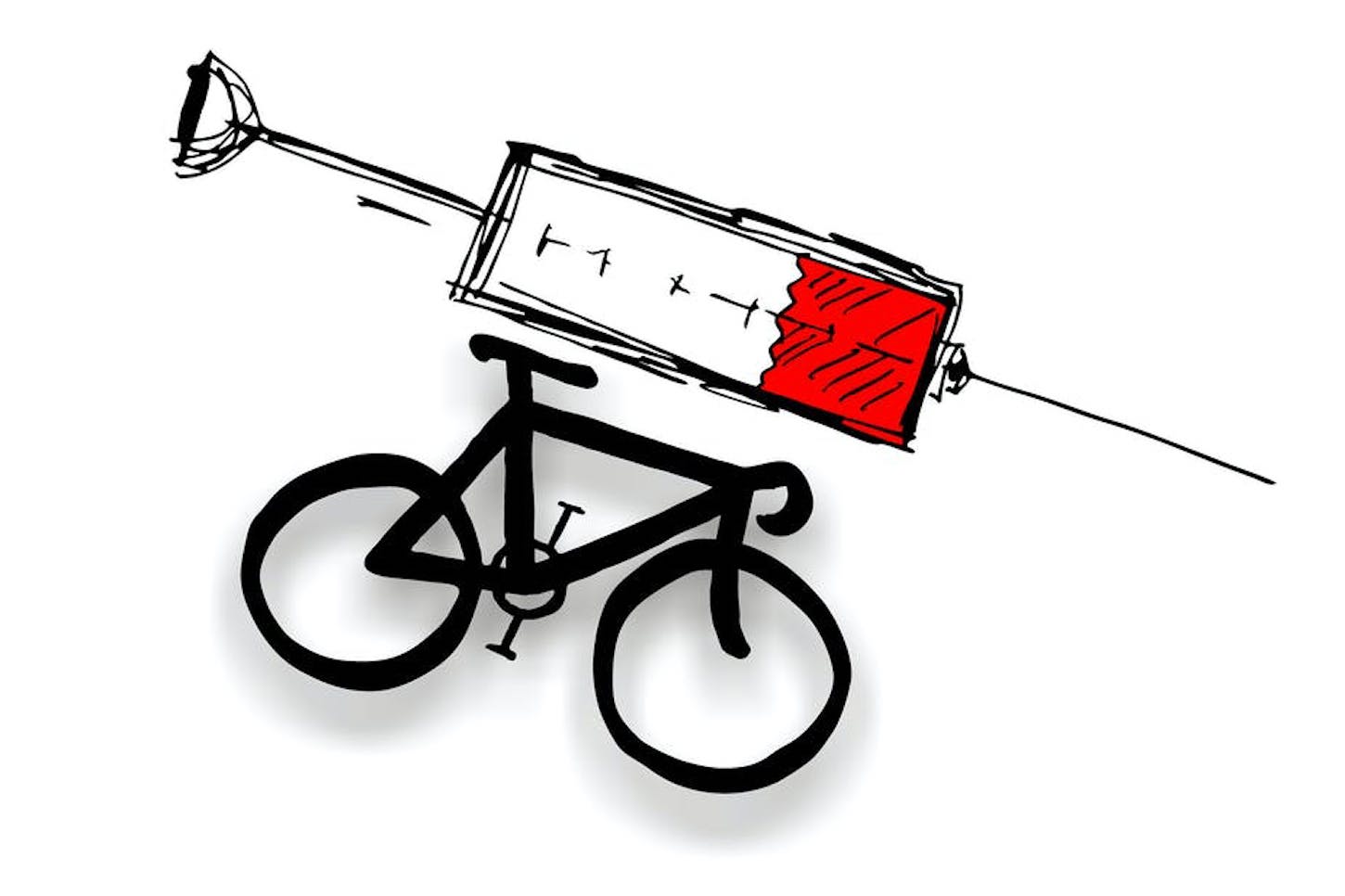

Cycling’s governing body, the Union Cycliste Internationale (UCI), has announced a significant increase in financial support for its anti-doping program, with a 35% increase in spending over the next two years.
To increase the independence and professionalisation of its program, the UCI delegated all operational anti-doping aspects to the ITA at the beginning of 2021. This first step allowed for the continuation of cycling’s already well-established clean sport efforts, benefiting not only from the ITA’s greater supportive infrastructure, but also from best practices and new synergies derived from the organization’s experience in running anti-doping programs for 60 International Federations and major event organisers. A year after the transfer of cycling’s operational activities to the ITA, a successful audit by the World Anti-Doping Agency (WADA), validated the quality and strength of the UCI’s ITA-led anti-doping program.
The cycling anti-doping program will now take a further step forward: the Funding Committee of the UCI Anti-Doping Program – composed of representatives of the UCI, the Association Internationale des Groupes Cyclistes Professionnels (AIGCP), the Association Internationale des Organisateurs de Courses Cyclistes (AIOCC) and Cyclistes Professionnels Associés (CPA) – has decided to progressively increase the funding specifically for the men’s professional road cycling category in the areas of Intelligence & Investigations (I&I), testing, science, data analysis, long-term sample storage and sample re-analysis. The UCI says this increase will be gradual, with an additional €1.5 million invested in expanding ITA’s I&I, testing and scientific capacity in 2023 and a further €2.4 million from 2024 onwards, with a focus on long-term preventive measures through further sample storage and re-analysis, as well as additional data analysis. At the end of this two-year cycle, the annual operational budget for the fight against doping in cycling will have grown to a total of some €10 million, 35% more than today.
“The ITA’s strategy for using the increased funding in the coming years will complement the anti-doping program, already internationally recognized as one of the most robust. Although all doping control missions are already based on findings from I&I work, information from the Athlete Biological Passport (ABP) data, performance indicators and/or other sources, intensifying efforts in the area of I&I has been clearly identified as the main priority. In addition, a greater capacity to store and re-analyze samples at a later date (up to 10 years after sample collection under the World Anti-Doping Code) prolongs the ITA’s ability to detect anti-doping rule violations and provides an effective form of deterrence. In line with these main objectives, most of the additional funding will be used for specialised staff, additional platforms and IT tools, as well as for storage and laboratory costs,” the UCI said in a press release.
According to the UCI, this budget increase means cycling will not only anticipate and address potential gaps by taking a complementary state-of-the-art approach, but it will also continue its efforts to protect riders and the credibility of cycling well into the future. While the focus of the current budget increase is on men’s professional road cycling, the ITA and the UCI will also work to improve clean sport efforts in other cycling disciplines, as each has its own specificities when it comes to anti-doping approaches.
“Following last’s year successful audit from WADA confirming the quality and strength of the UCI’s ITA-led anti-doping program, this decision demonstrates once again the commitment of the cycling community to clean sport and to remaining at the forefront of the fight against doping,” the UCI added.



